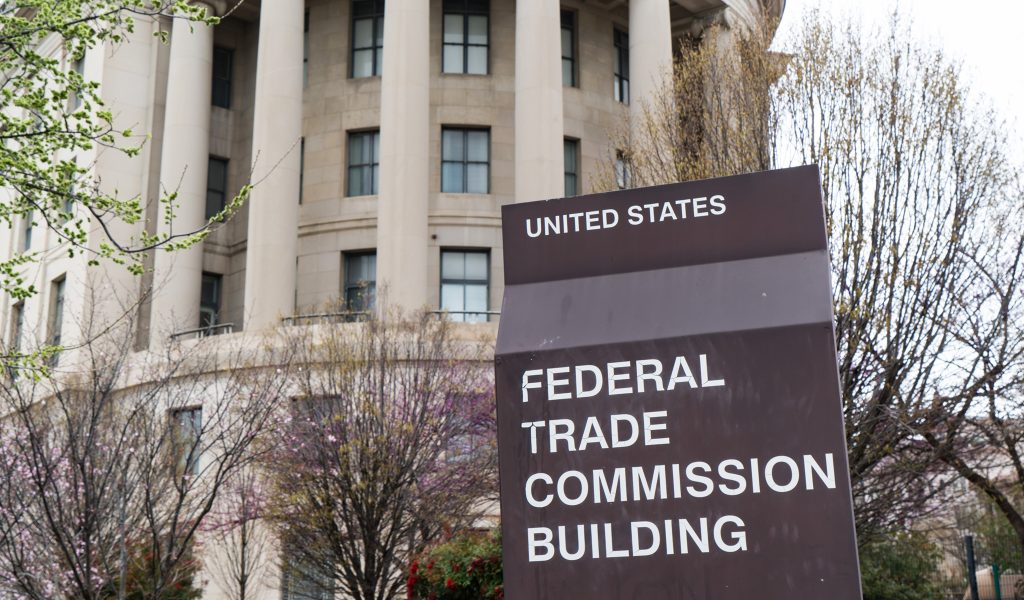Without making a case in this opinion piece for a federal consumption tax meant to replace the massive federal tax code, it will just be said here that one of the features of a consumption tax would be enhanced liberty. The very notion that Americans must annually cower before the IRS in order to prove their income to it is unfortunate. There’s so much more to be said here, but let’s leave it there.
The purpose of this opinion piece is to address Manhattan Institute senior fellow Brian Riedl’s assertion in a recent Washington Post op-ed that cutting IRS funding “is not a conservative move.” Riedl contends that doing so “will ultimately drive up deficits and raise middle class taxes.” About Riedl’s stance, he’s not alone here. Washington Post columnist Catherine Rampell routinely makes a similar case to Riedl’s from left of center.
About Riedl and Rampell, it’s no insight to write that Riedl is in the foremost category of budget experts on the right, and Rampell one of the most prominent public “deficit hawks” on the left. These are unquestionably wise minds.
What will be questioned is whether either Riedl or Rampell has any market experience to pair with their undeniable academic credentials. The bet here is that they don’t, because if they did they wouldn’t be making a case for federal debt reduction via increased federal tax collection. Quite the opposite. If their goal is to reduce federal government borrowing, then a more logical approach would be to call for substantial shrinkage of the IRS’s budget.
About the previous sentence, it will be easy for readers (deficit hawks in particular) to roll their eyes. If Treasury has a debt problem, or too much debt, the easy answer is more revenue. That’s the contention of Rampell and Riedl. In Riedl’s words, “We need this revenue” that will allegedly result from more aggressive IRS tax collection, and we need it because annual “budget deficits now exceed $2 trillion and will surpass $3 trillion within a decade.” In reality, this is why a greater understanding of how markets work would redound to the expressed reasoning of Riedl and Rampell.
To see why consider Nvidia, one of the most valuable companies in the world. Its market cap is $1.21 trillion as of this writing. The valuation is impressive to say the least, but it wasn’t always this way. The posted motto inside Nvidia’s headquarters to this day is “Our company is thirty days from going out of business.” The latter has the positive effect of focusing the minds inside Nvidia to always be in startup mode, but it’s also a clear reminder that for much of Nvidia’s existence, liquidity born of debt or equity issuance was a non-starter. In other words, since investors long put low odds on Nvidia making it over the long term (over 90% of Silicon Valley startups die), its limited access to investor cash routinely had it thirty days from going under. Markets anticipate, and they were pessimistic.
Notable here is that at present, Nvidia has total debt of $11 billion. So what changed? Hopefully it’s obvious to readers. Precisely because Nvidia’s future is more secure thanks to copious revenue intake now, and the expectation of quite a bit more in the future, investors around the world are lined up to match it with capital. The debt doesn’t signal a much-worse-off or headed-to-a-crisis Nvidia, rather it signals the exact opposite. Markets once again anticipate, and the debt is a market signal that tomorrow for Nvidia will be better than today. Basic stuff. Whether it’s individuals or businesses, the more prosperous the expectations are for the future the easier the financing of that future is.
Governments are no different. Riedl laments that Treasury will soon enough be running up $3 trillion in annual deficits not because revenue collection from the IRS is too little, but because collections are enormous now and they’ll be massive in the future. Contra Riedl, these tax collections won’t take place on the backs of the middle class simply because investors aren’t prone to financing the average. Put another way, the American rich are way overtaxed now and the obvious market expectation is that they’ll be even more overtaxed in the future. All the debt is a market signal of this unfortunate truth.
To be clear, none of what’s written should be seen as an endorsement of government spending. The latter is the biggest, most economy-sapping tax of all. Instead, what’s been written is a reminder that markets aren’t that complicated. Investors line up to fund that which is expected to take in large amounts of future cash, and they run from entities that aren’t expected to. Which means if the goal is reduced deficits, and debt, the much better answer is to gut the IRS in the sincere hope that revenue collection declines.
Republished from RealClear Markets








